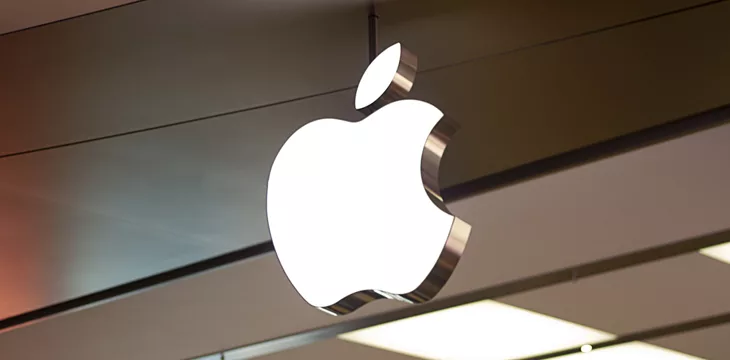|
Getting your Trinity Audio player ready...
|
Several months ago, Apple (NASDAQ: AAPL) hinted that its iOS 18 software would have several artificial intelligence (AI) capabilities. Recently, it was revealed that Apple acquired Canadian AI company DarwinAI, and now, Apple is allegedly in talks with Google (NASDAQ: GOOGL) to implement its Gemini AI engine into the iPhone to power some of the AI features Apple plans to include in its next software update.
Apple’s iOS 18 update: AI enhancements
The rumored AI features debuting with iOS 18 include improvements to Apple Siri that leverage a large language model to provide a more conversational user experience similar to platforms like ChatGPT. An update to Apple Music that personalizes the music discovery experience and allows users to automatically generate playlists. Several AI-powered tools for Apple’s productivity apps, like Pages, Keynote, and Numbers, are expected to streamline content creation, summarization, and more.
Other rumored features include an upgrade to Apple’s Spotlight Search, an AI wellness coach that integrates with Apple Health, and AI features in Apple’s messaging app that auto-complete messages, answer queries, and summarize incoming texts.
Beyond the iOS 18 update, it was recently revealed that Apple acquired the Canadian AI company DarwinAI earlier in the year. DarwinAI specializes in creating AI technology aimed at enhancing visual inspection processes in manufacturing across various industries. The company also focuses on optimizing AI systems to be more compact and efficient. This focus aligns with the growing trend among electronics manufacturers, including Apple, to integrate specialized AI chips, called NPUs, into devices to execute AI capabilities locally and reduce their reliance on cloud processing.
Catching up in the AI race
When Apple’s AI features were first rumored, it was believed the company was developing its own AI models. However, after the recent news that Apple is talking to Google regarding using Gemini to power its AI features, as well as the news that Apple was previously in discussion with OpenAI, it’s clear that Apple’s internal AI models most likely aren’t as advanced or competitive as the leading models in the market.
Compared to other PC and mobile phone manufacturers, Apple has lagged in terms of introducing AI capabilities into its products. Competitors such as Microsoft (NASDAQ: MSFT) and Samsung have already embraced AI innovations; Microsoft has leveraged its OpenAI partnership to embed AI into user workflows, while Samsung has integrated AI-specific chips in its devices for local AI processing. Both are capitalizing on the current “AI Device” trend, marketing their products as enhanced by AI and taking advantage of the media attention that anything AI is getting. Despite being somewhat behind, it looks like Apple will soon join the likes of Microsoft and Samsung when their iOS 18 update is released.
Apple’s strategic shift in AI
It is not surprising that Apple is looking to leverage the AI model(s) of one of the companies that is further along than Apple itself regarding AI model development. To stay competitive in the AI space, the AI model that Apple does end up choosing will need to be capable to the point that it is competitive with the top models that are available in the market, and it looks like Apple has recognized the AI models that it has internally developed are not up to scratch yet.
If Apple does go with Google’s Gemini, the AI Model could experience a significant increase in its total number of users, with the estimated 1.46 billion iPhone users worldwide having and using the features on their phone powered by Google’s Gemini by default.
It is unclear when Apple will officially announce the AI features that it has planned for its devices, but many believe that the company will share more information at its Worldwide Developers Conference this June.
In order for artificial intelligence (AI) to work right within the law and thrive in the face of growing challenges, it needs to integrate an enterprise blockchain system that ensures data input quality and ownership—allowing it to keep data safe while also guaranteeing the immutability of data. Check out CoinGeek’s coverage on this emerging tech to learn more why Enterprise blockchain will be the backbone of AI.
Watch: What does blockchain and AI have in common? It’s data

 03-01-2026
03-01-2026 




